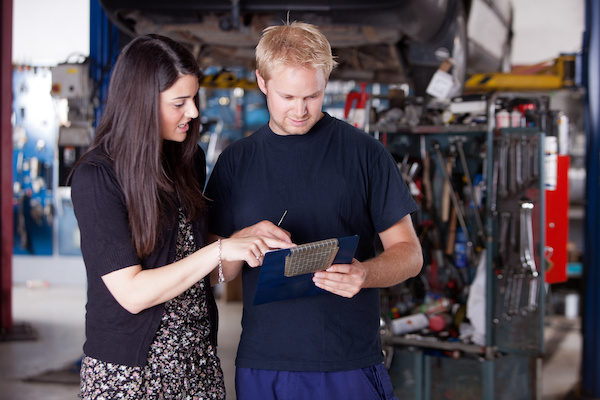
There Is No Secret
Higher-priced cars cost more money to maintain. In addition, most modern vehicle parts are more expensive than older cars to replace and repair. After all, they produce modern car parts from more costly materials.
Things like your tires on a more modern vehicle use specialized rubber to give you more grip around the corners and for stopping. But these tires won't give you as much mileage; therefore, you will need to buy new ones more often. In addition, your car's modern safety systems will be another item that will need to be maintained at a higher cost.
For example, if your screen goes out on your vehicle while out of warranty, you can pay quite a lot to replace it. The same goes for that anti-braking system. If it malfunctions and you have to replace the sensor, it won't be cheap.
Sometimes Older is Better
The most significant rule of thumb is the cheaper the car is brand new, the cheaper the car parts will be to replace. For example, Honda, Toyota, and other Asian imports make cheap cars; therefore, their prices are reasonable for their parts. In addition, older cars don't have as many sensors and safety systems, so there will be fewer chances of breaks or malfunction.
As you know, there will always be exceptions to the rule. Some expensive cars may have few costly problems, especially in their first ten years, and some may have design flaws that regularly see your car at the mechanics. The best advice would be to do some in-depth research on a car before buying to understand what costs you may incur over your new car's lifetime.
Regular services will save you money in the long term
One thing is for certain: if you keep up with routine services and maintenance on your vehicle, it will save you money in the long run by preventing problems before they start. If you need a vehicle service, we invite you to bring your vehicle into our auto repair shop today!